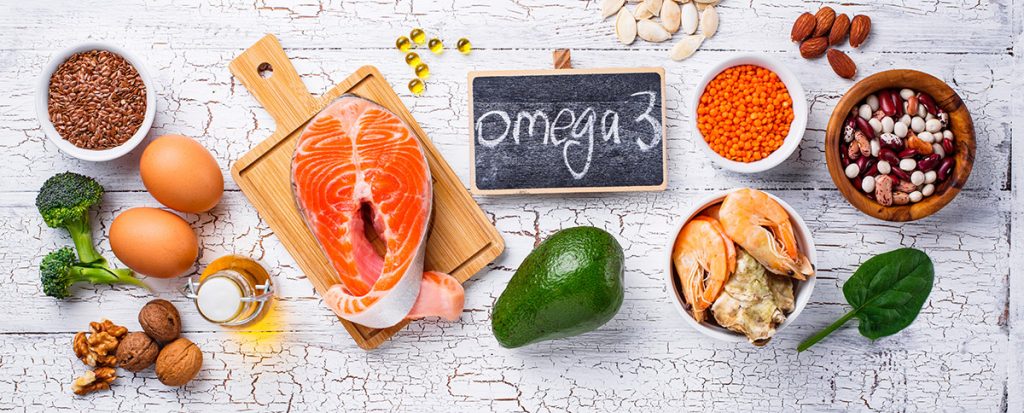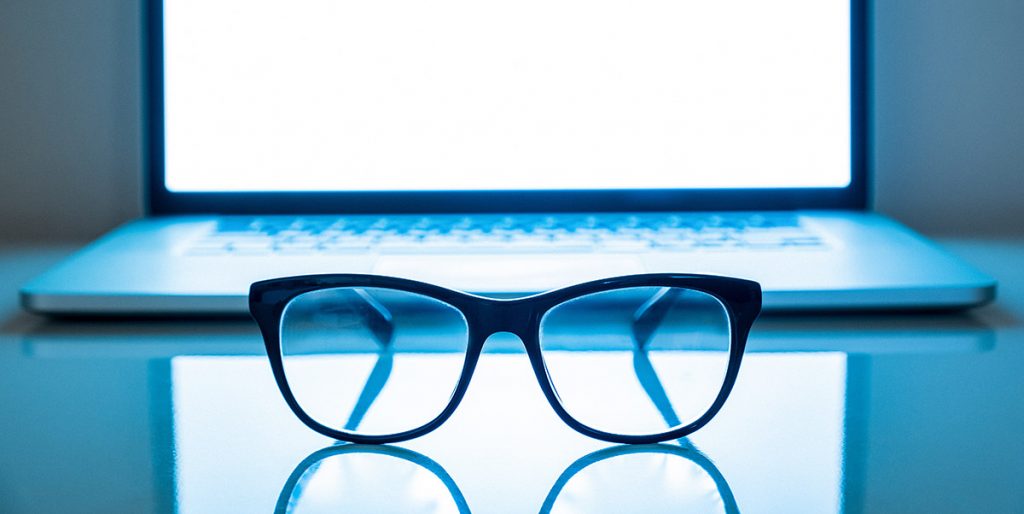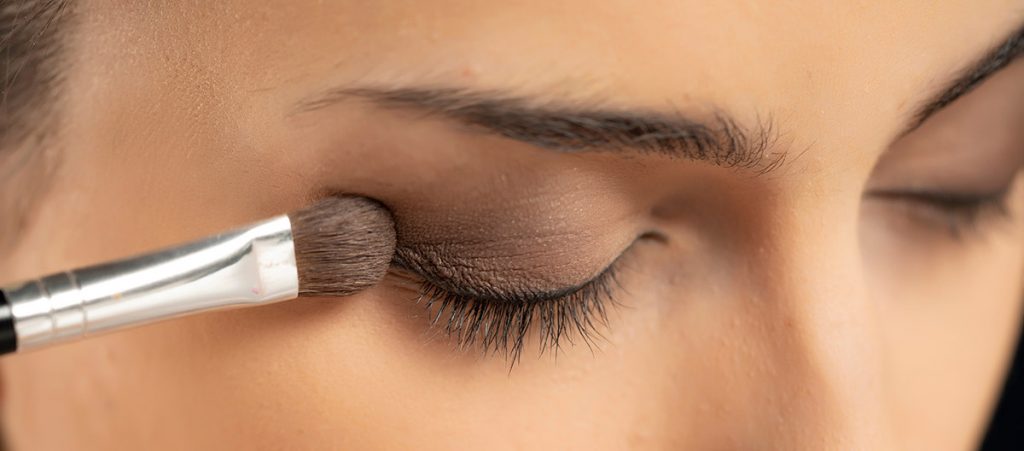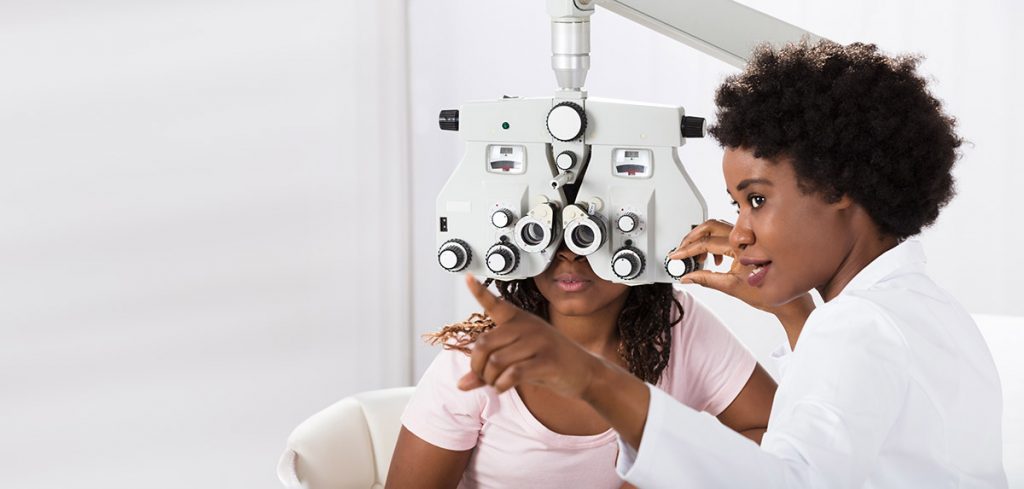Show Those Eyes Some Love!
As we age, maintaining eye health seems to take a back seat to the other creeping, age-related health issues. But knowing how to take care of your eyes can prevent a lot of grief in the future. The steps to take will not only help your eyes, but your general health as well. If you are noticing a decline in your vision, it may be time to seek professional help.
Reputation is EVERYTHING
Reputation is extremely important when choosing a doctor to work on your eyes. We recently searched on Google for an eye doctor in Phoenix AZ and Eye On Health was our top choice because they had so many 5 star reviews. Always read the reviews on the doctor and make sure they are from real customers. Then select an eye doctor based upon their reputation.

But, even if you are not experiencing eye problems, it’s still important to take steps to maintain the good eyesight you have in order to prevent a decline in vision. High on the list of things you can do for your eyes is to eat the right foods. So, what are the right foods? There is a great variety from which to choose, making it easy to maintain healthy eyes. A high intake of foods loaded with omega-3 fatty acids, Vitamin C, and Vitamin E top the list.
Fatty fish such as salmon, sardines, mackerel, cod, halibut and tuna are high in Omega 3s, as well as walnuts, chia seeds, flax seed oil, hemp seed oil, roasted soybeans, tofu, egg yolks, kidney beans, broccoli, and spinach.

For Vitamin C, your diet should contain citrus fruits such as oranges, grapefruit, tangerines and lemons and other fruits such as peaches, strawberries, and blueberries, as well as veggies like red peppers, tomatoes, carrots and other orange-colored fruits and vegetables like sweet potatoes, apricots, and cantaloupe.
High amounts of Vitamin E can be found in most dark leafy greens, papaya, almonds, kiwi fruit, avocado, olives, bell peppers, broccoli, tomatoes, parsley, and butternut squash.
Kale, spinach, romaine lettuce, collards and turnip greens, as well as broccoli, peas, and corn are high in lutein and zeaxanthin which can lower your risk for age-related macular degeneration (AMD) and cataracts. Zinc is also present in high concentrations in the eyes, so legumes of all kinds and peanuts, along with oysters, lean red meat and poultry can increase your zinc intake. If you are not sure you are consuming enough of the essentials, you may choose to take supplements of the necessary nutrients to add to your healthy diet.
Protect Your Eyes
In addition to eating the right foods, when you are playing sports, working on a home-improvements, or using poisonous chemicals, always wear protective eyewear such as goggles or safety glasses to prevent injury to your eyes from a flying object or a splashing liquid.

Next, most people are unaware of the danger to their eyes from UV rays of the sun and the blue light emitted from computers and smartphones. When outdoors, especially on sunny days, you should always wear sunglasses that have 99-100% UVA and UVB protection.
Too much ultraviolet exposure increases your chances of developing cataracts. When using computers, always use blue light protective glasses. Johns Hopkins wrote an interesting article on how to protect your eyes from UV damage which you can read for more tips.
We’re Not Making This Up
Another thing that is not well-known is that you should replace eye makeup every three months to avoid developing an eye infection as bacteria grows fast in liquid makeup. Never share makeup with others and do not use store samples. And most importantly, always clean your face before and after using makeup.

Probably as important as knowing what to eat and what to do to for maintaining healthy eyes, is knowing what not to eat and do. You are putting your eyes at risk of developing macular degeneration when you eat highly-processed, store bought foods that are high in saturated fats, like red meat, fatty dairy products and fried foods. Also, sugar and fat-rich diets contribute heavily to the odds of contracting Type II Diabetes, which is the single greatest diet-linked threat to your eyesight. Sugary drinks can also affect your health negatively, as well as a diet containing a high intake of carbohydrates, such as rice, bread, pasta, or similar foods that affect eyes in the same way that sugar does. Eat too much and you risk spiking blood glucose levels, which leads to damaging blood vessels in the eye.
The most important TO-DO that should be on your list of “things to do to maintain eye health” is to get eye screenings on a regular basis by a qualified professional who maintains the records of your health and family history. Early detection of eye problems is the key to having a successful outcome.


